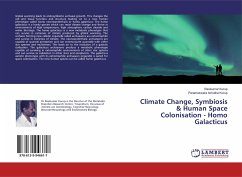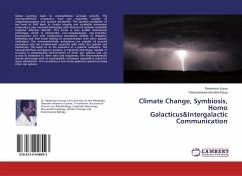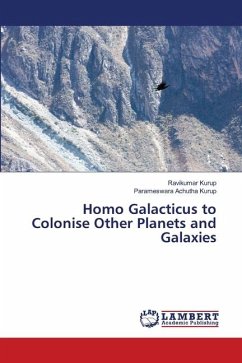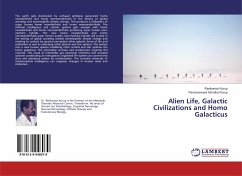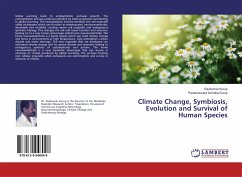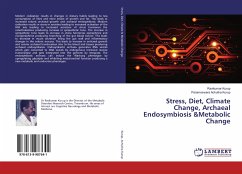Global warming leads to endosymbiotic archaeal growth. This changes the cell and tissue function and structure leading on to a new human phenotype called homo neoneanderthalis or homo galacticus. The homo galacticus is a hardy species which can resist climate change and thrive in environments of high temperature, high atmospheric carbon dioxide and water shortage. The homo galacticus is a new metabolic phenotype that can survive in extremes of climate produced by global warming. The archaea forming new cellular organelle called archaeaons are extremophilic and survive in extremes of climate. The neoneanderthalic archaeaons are capable of quantal perception and can communicate quantally with other star systems and multiverses. This leads on to the evolution of a galactic civilization. The galacticus archaeaons produce a metabolic phenotype capable of surviving in extremophilic environments of other star systems and can survive as civilization in other stars and exoplanets. The galacticus autistic phenotype with its extremophilic archaeaon organelle is suited for space colonisation. The new human species can be called homo galacticus.
Bitte wählen Sie Ihr Anliegen aus.
Rechnungen
Retourenschein anfordern
Bestellstatus
Storno

